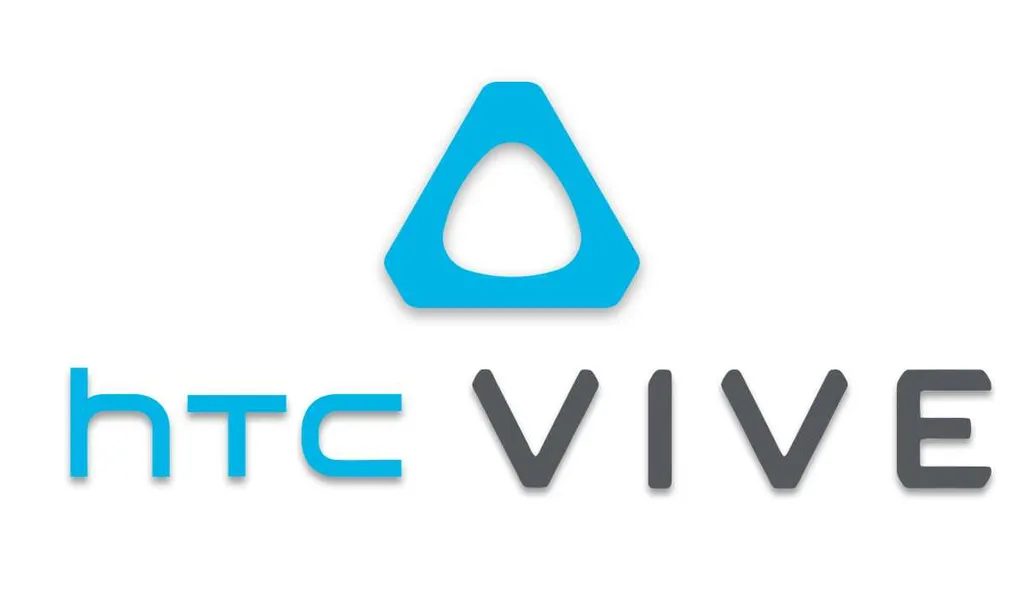With Oculus placing bets on both PC and mobile VR with Rift and Gear VR, along with plans for a standalone unit that represents the best of both worlds, many have wondered if HTC might try for a strong mobile VR offering as well. It seems that day is coming.
According to CNET, HTC will launch a mobile VR device of some sort before the end of the year. Speaking at a recent launch event for the HTC U series of smartphones, Chief Financial Officer Chia-lin Chang said that the company has “a good plan in terms of combining mobility with VR,” which we’ll see “in the coming months”.
Chang also said the device would not consist of a “phone slapped onto a headset” as seen with current mobile VR contenders like Gear VR and Google’s Daydream View. Chang did state, however, that the product would launch before the end of the year.
“We’re a VR company, we’re going to have something,” Chang said.
The phrase “combining mobility with VR” had us questioning if this device could be an add-on to the Vive, like the TPCAST wireless upgrade kit, rather than an entirely different VR product, so we reached out to HTC to clarify the statement.
“In a recent interview, Chialin Chang was referencing the idea that there are different ways to approach VR that span the full spectrum from truly mobile 360 to immersive room-scale like the Vive, and everything in between,” the company’s Patrick Seybold told us. “As HTC, we’re better prepared than most companies to reach that full spectrum.”
What could HTC be working on in the mobile space that isn’t a standard smartphone-based setup? The first and most obvious answer is a standalone device powered by on-board computing rather than a smartphone. This is a hot topic in VR right now, with Oculus, Intel and Qualcomm making their own standalone prototypes. Each of these features inside-out positional tracking, meaning it has sensors fitted to the device to pick up your movements, rather than using trackers set up elsewhere in a room like HTC’s Vive does.
HTC has already embraced mobile from a software perspective, launching a Viveport M app last year that offers experiences compatible with smartphone-based headsets like Google Cardboard. The company also partnered with Google to make the search engine giant’s Pixel phone, the first phone that supports Daydream. Could this be another collaboration?
We know Google is excited to merge its Tango and Daydream platforms, but there are battery and heat constraints that current smartphones can’t overcome in doing both VR rendering and positional tracking at the same time. A standalone self-contained VR headset made by HTC with different trade-offs for heat, weight and battery life could be a perfect match for a merged mixed reality platform from Google. Or could HTC be making its own entry into the Daydream ecosystem with this mobile device? We’ll have to wait for more details to emerge.


























